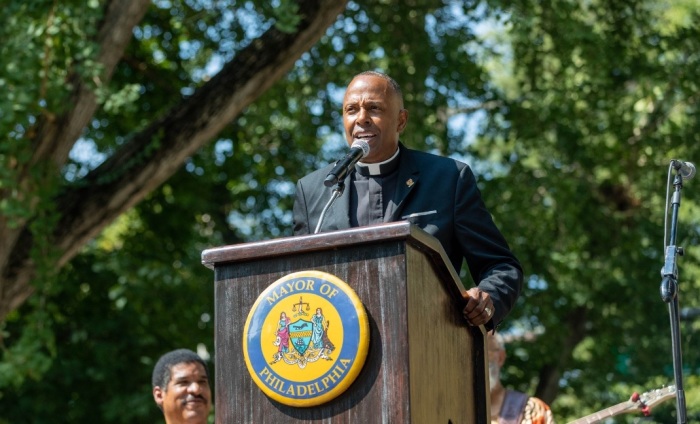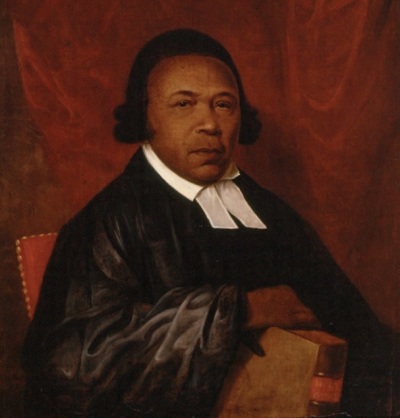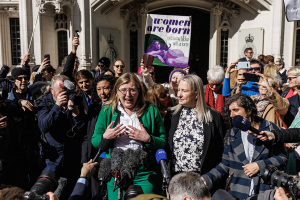Philadelphia renames part of city street in honor of first black Episcopal priest

Philadelphia, Pennsylvania, has renamed a section of a street in honor of the Rev. Absalom Jones, the first African American to be ordained a priest in The Episcopal Church.
A portion of Lancaster Avenue that includes the Historic African Episcopal Church of St. Thomas was renamed in honor of Jones, with the ceremony taking place last Saturday.
St. Thomas church traces its roots to the 1790s, having been led by Jones, and is believed to be the oldest historically African American Episcopal congregation in the United States.
The Very Rev. Canon Martini Shaw, rector of St. Thomas church, told The Christian Post that he considered last week’s ceremony to be “amazing,” adding that the “weather was perfect, and the attendance was large.”
“The renaming of this portion of Lancaster Avenue is important for the hundreds of daily travelers who will see the sign and hopefully gain a curiosity of who Absalom Jones was and be inclined to learn more about his amazing legacy and work,” said Shaw.
“It is our hope that people embrace Absalom Jones' legacy of being an abolitionist. Also, his legacy of love, liberation, equality, advocacy, inclusion and spirituality.”
The Philadelphia City Council voted to name the 6300 block of Lancaster Avenue “Absalom Jones Way” in February in response to a petition from church leaders.

Born a slave in 1746, Jones eventually purchased the freedom of himself and his wife and was initially a lay preacher at St. George’s Methodist Church of Philadelphia.
In 1795, when he was 49 years old, Jones would be made a deacon, and then in 1802, he became the first African American to be ordained in The Episcopal Church.
Apart from leading St. Thomas church, Jones oversaw various philanthropic endeavors, often working alongside Richard Allen, the founder of the African Methodist Episcopal Church.
For example, Jones and Allen founded the Free African Society of Philadelphia, which provided spiritual and economic aid to the local black community.
During a yellow fever epidemic in Philadelphia in 1793, Jones helped to organize the local black community to assist in relief efforts for the broader city.
According to a 2003 piece for The Episcopal Church, Gerald S. Collins celebrated Jones as “a living example of Christ’s love and as one who kept the charge.”
“We remember and celebrate Absalom Jones because of the exemplary Christian life he shared with the Episcopal Church, the people of St. Thomas Church, and the world,” wrote Collins.





























